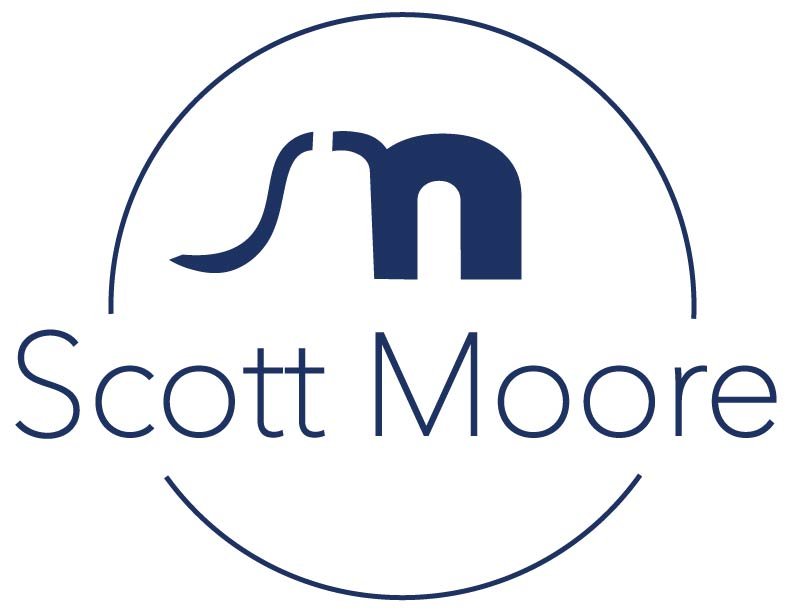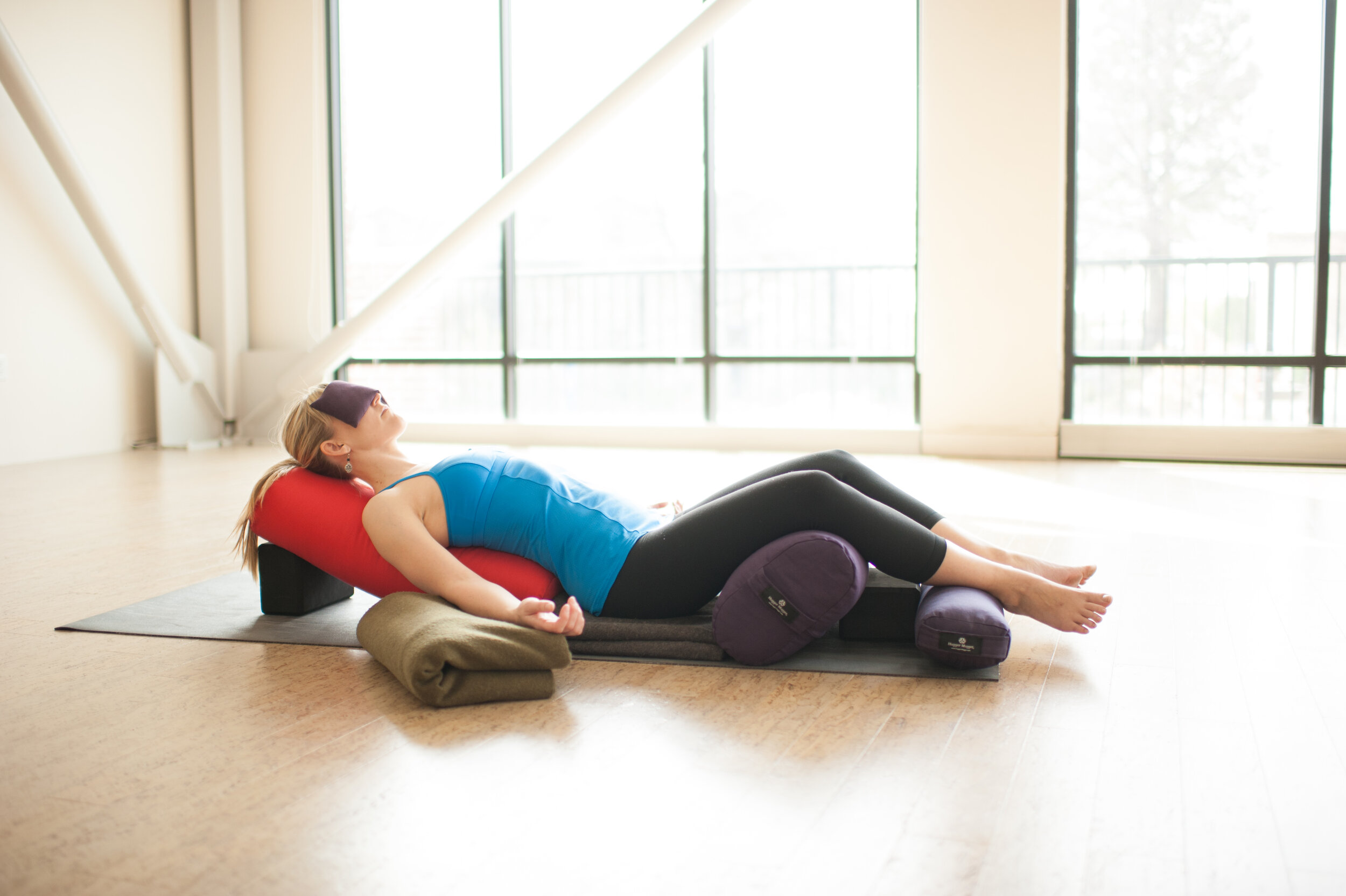Where IsThe Off Button?!
In Walt Disney’s Fantasia, there’s a Mickey Mouse cartoon called the Sorcerer's Apprentice. In this cartoon, the Sorcerer is going out for the night, probably to play D&D with his pals, and decides to put his apprentice, Mickey, in charge of cleaning up the joint. Mikey’s not too happy about this until he finds the Sorcerer's magic hat and wand and puts some magic into the brooms, mops, and buckets to become animated and do all the work by themselves. In his desire to make his life easier, he replicates all the mops, brooms, and buckets until there’s a veritable army of animated cleaning tools. Soon, things start to get out of hand and Mickey realizes with horror that he doesn’t know how to turn it all off. Water from the buckets and teams of mops and brooms are flooding the place. In his desire to automate his life, he soon realizes that he’s literally drowning in a river of his own chaos. Luckily, the Sorcerer returns just in time to snatch his hat and wand back and return things to normal.
I often wonder how much we are all like Mikey. In our attempt to make our lives easier and to produce more, we often find ourselves drowning in our own machinations of being productive and we have no clue how to turn it all off. Today, I’d like to offer one way of finding your “off” button.
In a self-help world, where people are bombarded with myriad ways of improving themselves, a person can begin in earnest several different kinds of practices. These practices might range from yoga, meditation, pilates, cardio, etc. All too often, the underlying promise of these practices is that if I just do more, I’ll be happier, that it will improve my being in some way. While human beings are programmed to progress and grow, sometimes that growth can come through the least expected practices. One such practice is the practice of relaxation, the practice of not doing anything.
Just like meditation or yoga, practicing relaxation can be deeply illuminating and self-revealing. It refutes the damning notion that we are constantly bombarded with, that if we just DO more, we’ll be happier. What if we take the opposite approach? What if we practice NOT doing? I’m not talking about turning procrastination into a life-skill. I’m talking about deciding to actively relax, to regularly afford yourself the time and space to rest and to fill up the well.
The irony is that even though one might turn to a relaxation practice to purposefully step away from the insidious pull to always be doing more, by relaxing and recharging your batteries in body, mind, and spirit, you’ll naturally find yourself more alert, capable, and ready to produce in all the ways you choose to. In other words, because of your dedication to rest, you will do more.
Relaxation is Healing
One of my Ayurveda teachers told me that rest and relaxation is one of the first orders of operation for any kind of healing in body, mind, or spirit. As humans, we have an incredible capacity for renewal. If given the time to rest, muscles, skin and bones can heal, minds can become still, and even broken hearts can mend. Failure to allow injuries in body, mind, or spirit to heal can make injury or illness chronic and sometimes terminal. Practicing relaxation allows injuries of all sorts to heal.
In the realm of psychotherapy, relaxation has proven to be the catalyst for deep healing of trauma. Joseph Wolpe was a leading psychiatrist and a leading figure in behavioral therapy in the 1900s. He treated many people affected with PTSD through systematic desensitization using relaxation as a primary agent. He realized that a person cannot be relaxed and stressed at the same time. So, he used a process of systematic awareness, similar to a Yoga Nidra practice, to help people arrive in a deep state of relaxation. Then, once his patients had facility with relaxation, he would begin to present stressors in very small doses. In a state of relaxation, what would normally cause stress didn’t even phase the patient. Incrementally, he would increase a person’s tolerance to that stressor until it was no longer a stressor at all. Relaxation was a safe and effective approach to helping heal some deep wounds of trauma.
Relaxation As A Practice
Believe it or not, relaxation is a skill. Some people can become relaxed very easily and others, not so much. Come on, are YOU one of those people who just cannot relax? There’s no greater hell than not being able to to relax , especially when we need to. Sometimes, we know we need to relax but our habit of being constantly on overrides our ability to let go. We just can’t get ourselves to quiet down in body, mind, and spirit.
Learning to relax might include choosing to turn down appointments or social engagements. It might also mean turning off the television and your phone for a while. I know, many of us turn to our phones and TV to veg out and relax, though oftentimes, these avenues don’t provide the kind of deep relaxation we need, they only serve as distractions. We might also need some formalized relaxation practice to follow.
To do a relaxation practice, might I suggest arranging a time in the middle of the day when you can have 20–30 minutes alone. Let those who share space with you (including pets) that you’ll be unavailable for 20–30 minutes. Try lying down on the bed, couch, or floor (hammocks work nicely, too). Cover your eyes with an eye mask. This reduction in light, quiets the nervous system and tells your brain that it’s time to relax.
During your relaxation practice, you might try counting your breaths down from 100. Begin by simply noticing your breath. On the exhale count the number 100, inhale and count 99, exhale, 98, etc. If your mind wanders, there’s no judgement good or bad. It happens to everyone, just start back at 100. If you get all the way to zero, there’s no judgement good or bad. It happens to everyone, just start back at 100. The difficulty is to let go of the achievement in the practice. Sometimes for this reason, I’ll start at a number like 1000 with no hope of getting to zero before my practice is over. This helps me to simply rest in the practice of focusing on the numbers without achievement.
You may also practice doing a relaxing body scan. You can do this by spending a few seconds by noticing each body part from head to toe in succession as you watch yourself become more relaxed. Take a few seconds to rest your attention on each body part. When you get down to your toes, just start back at your head and consider that you’re taking yourself deeper and deeper into relaxation with each pass of the body. Our most natural state of being is one of relaxed alertness so as you begin to practice simply being Aware of your body, you’ll naturally find yourself relaxing your body deeper and deeper.
It’s likely that your mind will want to process something during your relaxation practice. It might be frustrating to try to turn your brain off, especially if it’s in the habit of being turned up to 11. In truth, our job in a relaxation practice isn’t to deny our brains from doing what they are programmed to do. Instead of trying to prevent your mind from doing what it’s designed to do, give your mind a job. Allow it to focus on something simple and singular like your breath or your body. I find this to be a valuable pointing.
If you think your mind might be too worried about time to relax, set a timer for 20–30 minutes so you know that there will be a definitive ending time, allowing you to relax into the experience.
No matter what other practices you do in your life, few other practices will help you to be your best like a regular practice of relaxation. A regular relaxation practice will help you heal in body, mind, and spirit, you’ll be more pleasant to be around, and it will ironically even make you more productive. You’ll find yourself being less reactive to life’s events and more responsive to them. In truth, this could be the “off” button you need to prevent you from drowning in the river of your own chaos.
Start a relaxation practice and tell me how it goes!


